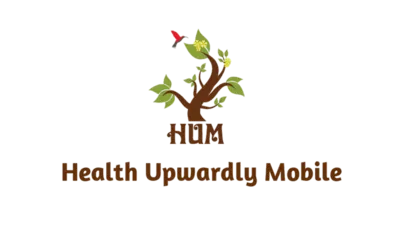By Ms. Paige Abbott, M.Sc., R.Psych.
Environment, exposure and stress have long been known to be the three major pathways to relapse and have most recently been built into the American Society of Addiction Medicine Definition of Addiction. If one, two, or all three of these factors is present in the person in recovery’s life at any given time, their vulnerability for addictive thinking, spiritual, emotional, cognitive, social, and/or behavioural relapse increases. In 12 Step circles these vulnerable pathways have long been referred to as ‘people, places, and things.’
Environment
The environment pathway refers to places, familiar or not, that remind people of using and active Addiction. Homes, rooms, streets, restaurants, pubs, bars, weddings, special events, and work are all examples of places that focus the brain back on disease rather than reinforcing recovery. As studies have shown, all it takes is milliseconds of exposure to these cues to have the brain’s pleasure/reward centre light up or be activated (HBO Addiction series). This means that vulnerability increases at the level of the brain faster than is known to conscious awareness. This is also the reason that ‘testing’ oneself by purposefully placing oneself in risky environments and hoping for the best can be extremely risky and result in the worst outcome (relapse) or second worst outcome (no immediate relapse but the brain is cued to wanting escape, reward, or relief).
Exposure
Theoretically exposure can involve ‘people, places, and things’ that trigger the brain to be reminded of the active disease state and begin sending messages that ‘we want that again.’ Exposure means contact with a risky person, environment, substance, object, emotion, or behaviour with any of the five senses: smell, touch, taste, sight, hearing.
Handling substances, even if not with the intention of consuming them yourself, is playing a dangerous game with the disease of Addiction. When handling substance, exposure through other senses (sight, smell, hearing) are also cued which may lead to the worst (relapse) or second-worst (not using but the diseased part of the brain has been activated) outcomes.
Stress
Automatically when people hear the word ‘stress’ they associate it with ‘bad.’ This label has been (mis)attributed to stress conveying the message that if you feel anything you would identify as ‘stress’ then you need to make it go away because it is destructive. This can be true, particularly if stress is intense or persists for a long period of time. There are times, however, that stress benefits us and helps us function. Stress is a message from our body and is a source of information; therefore, it is important to listen and deal with it in a healthy way, not ignore, control, manage, or avoid it.
Recovery For Health
With a healthy lifestyle that involves physical activity, balanced diet, plenty of water, ways of relaxing and processing emotions, meditation, relaxation, strong social supports, and a connection to the universe, the impact of environment, exposure and/or stress can be lessened. Having other ways of coping helps the brain by developing alternate pathways that reinforce recovery rather than disease, thus mitigating the impact of relapse forces on the brain.
